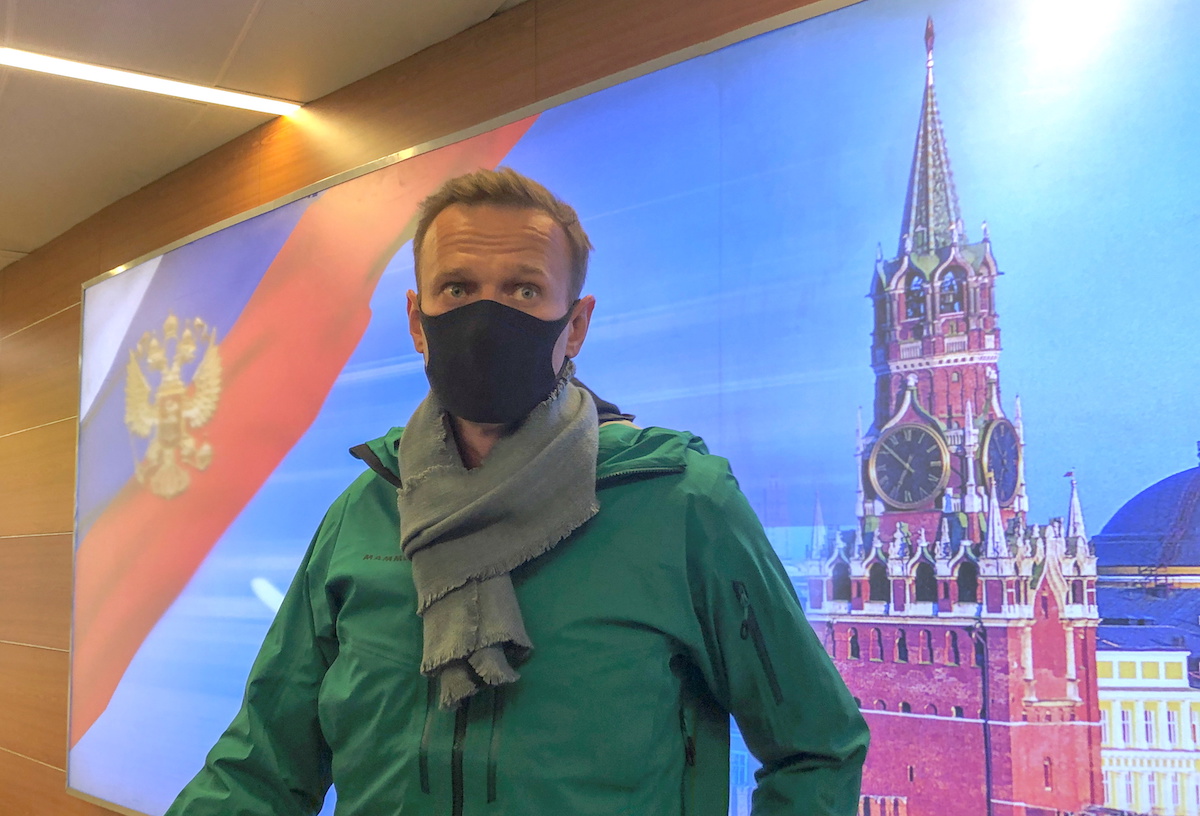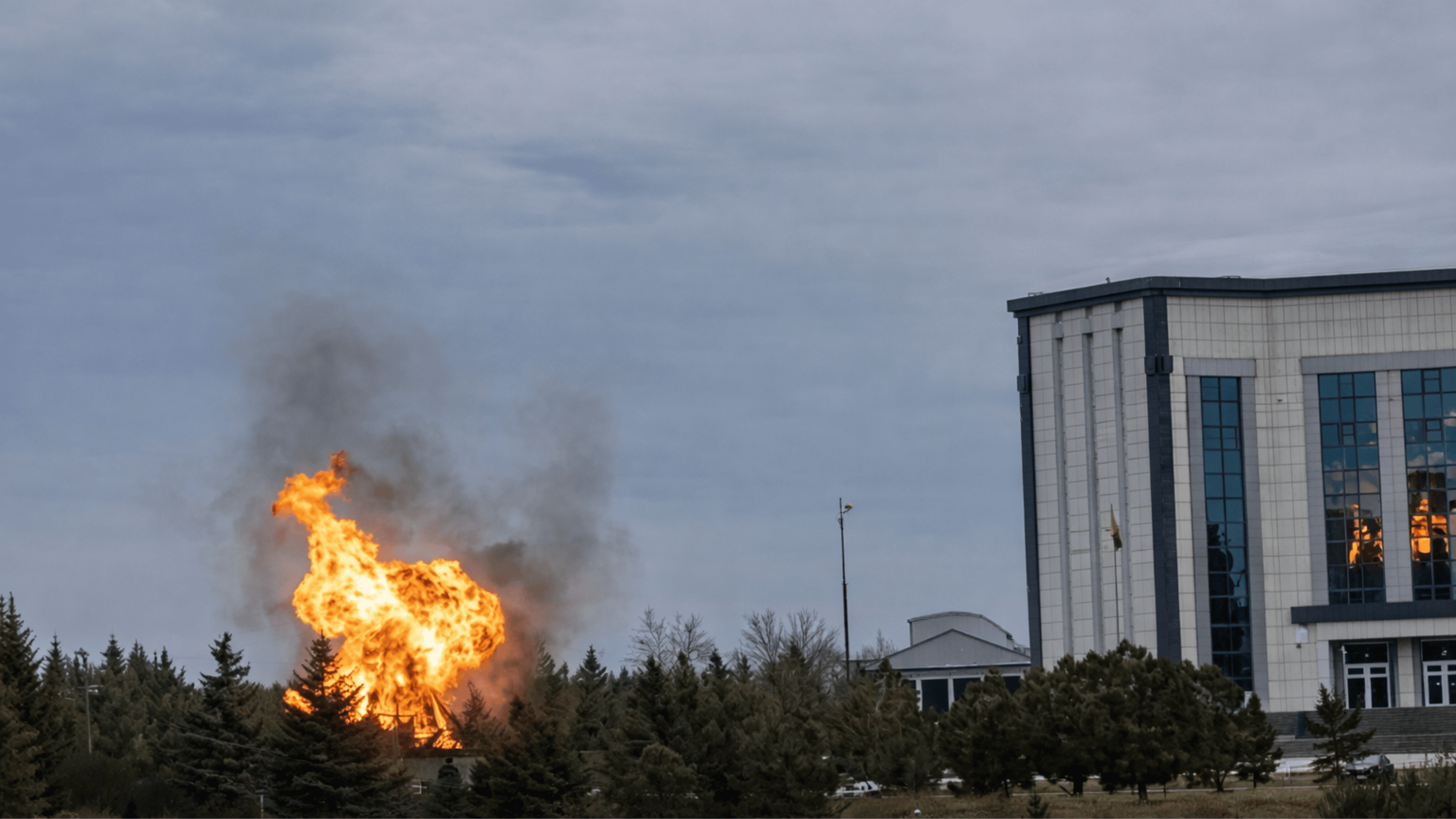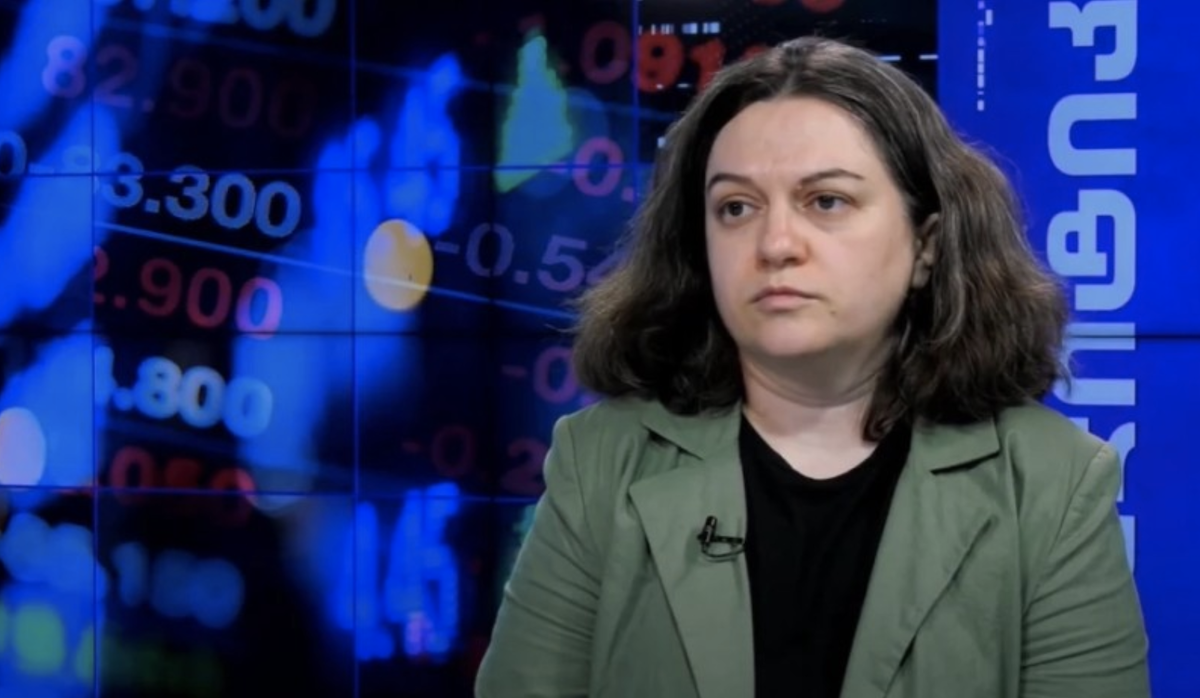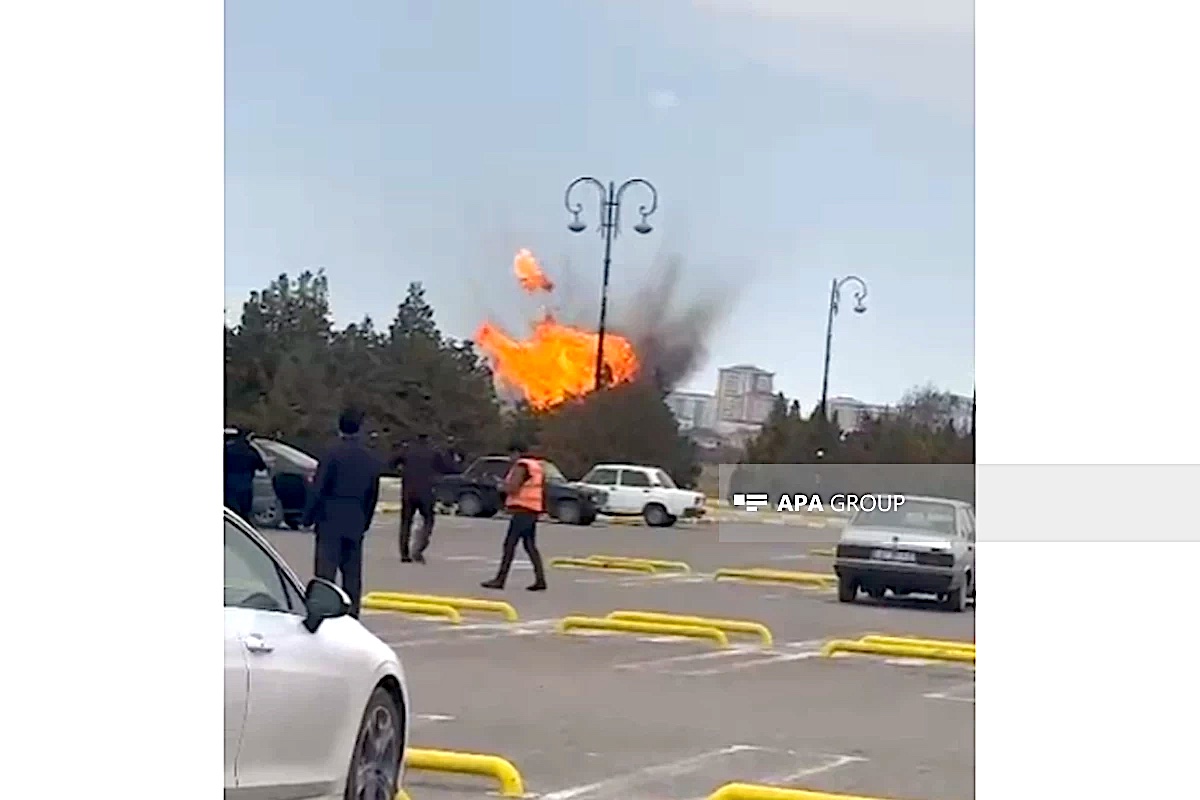'Take to the streets!' Russian opposition leader Navalny arrested, calls on supporters to protest
Russian opposition politician Alexei Navalny, who returned to Russia on January 17 and was detained at the airport, has been arrested for 30 days awaiting the next trial, which could send him to prison for a longer period.
Western leaders have condemned Navalny’s arrest and are demanding his immediate release, in addition to voicing calls for new sanctions against Moscow. Navalny has urged supporters to take to the streets.
Navalny was detained on the evening of January 17 at the Moscow Sheremetyevo airport after returning from Germany, where he was undergoing treatment after being poisoned with the Novichok chemical warfare agent.
He blames the Russian authorities for his poisoning.
Novaya Gazeta reports the prosecutor demanded Navalny be remanded into custody following ‘violation of the terms of his parole’ for the so-called Yves Rocher case; while undergoing treatment in Germany, he did not report to the Russian service for the execution of punishments.
On February 2, the court will consider the issue of replacing Navalny’s suspended sentence with imprisonment.
- Who tried to kill Navalny? Bellingcat claims to have names of the perps
- Russian constitutional amendments pass – Putin could remain in power for 16 more years, Russians deemed state-forming people
- What is to be expected from RF President Navalny?
Instead of the courthouse, the hearing was held in the building of the police station. Interior Ministry officials explained that the trial is being held there due to the fact that Navalny did not pass a coronavirus test.
Navalny himself called what was happening in the police department arbitrary.
“What are these bunker thieves most afraid of? You yourself know very well. Take to the streets. Do not be afraid, take to the streets, do not go out there for me, but go out yourselves and your future,” Navalny urged.
Several dozen supporters came to the police station to support Navalny. During pickets in his support in St. Petersburg, more than 30 people were detained.
Representatives of his headquarters announced protests demanding the release of Navalny on January 23.
Wave of condemnation
The leaders of Western countries and the heads of international organizations have almost unanimously condemned the detention of Navalny and demanded the immediate release of the Russian opposition leader.
The head of the European Commission, Ursula von der Leyen, said that “the detention of political opponents runs counter to Russia’s international obligations.”
EU Foreign Minister Josep Borrell also condemned the detention of Navalny and added that the European Union “will closely monitor developments and will continue to take them into account when shaping policy towards Russia.”
Federal Government Spokesman Steffen Seibert made a statement on behalf of German Chancellor Angela Merkel.
“The Russian authorities detained the victim of the assassination attempt with the use of chemical weapons,” he said and called for the immediate release of Navalny and “fully clarify the circumstances of the attack with the use of chemical weapons on Russian territory.”
British Foreign Secretary Dominic Raab also reminded Moscow of the charge of using a chemical warfare agent.
Czech Foreign Minister Tomáš Petříček, condemning Navalny’s detention as an act of persecution for political reasons, said he was going to discuss the issue of new sanctions against the Russian authorities with colleagues at the next meeting of EU foreign ministers.
The UN High Commissioner for Human Rights Michelle Bachelet has called on Russia to release Navalny.
The detention of Navalny was condemned by representatives of both US administrations – outgoing and incoming.
“We note with deep concern that his detention is another attempt to silence Navalny and other opposition figures,” said US Secretary of State Mike Pompeo in the Trump administration.
President-elect Joe Biden’s national security adviser, Jake Sullivan, said Navalny should be released immediately and those responsible for the outrageous attempt on his life should be brought to justice.
Russia’s reaction
The international reaction to Navalny’s arrest was commented on by Russian Foreign Minister Sergei Lavrov, who rejected the claims of Western partners.
“We saw how they seized on yesterday’s news of Navalny’s return to Russia. One can feel the joy with which carbon-copy comments are [repeated]. With joy, because, apparently, it allows Western politicians to think that, in this way, they can divert attention from the deepest crisis in which the liberal model of development finds itself”, Lavrov said.




















